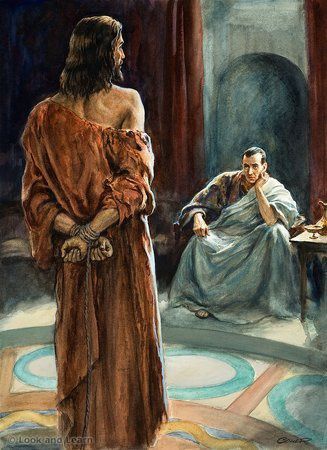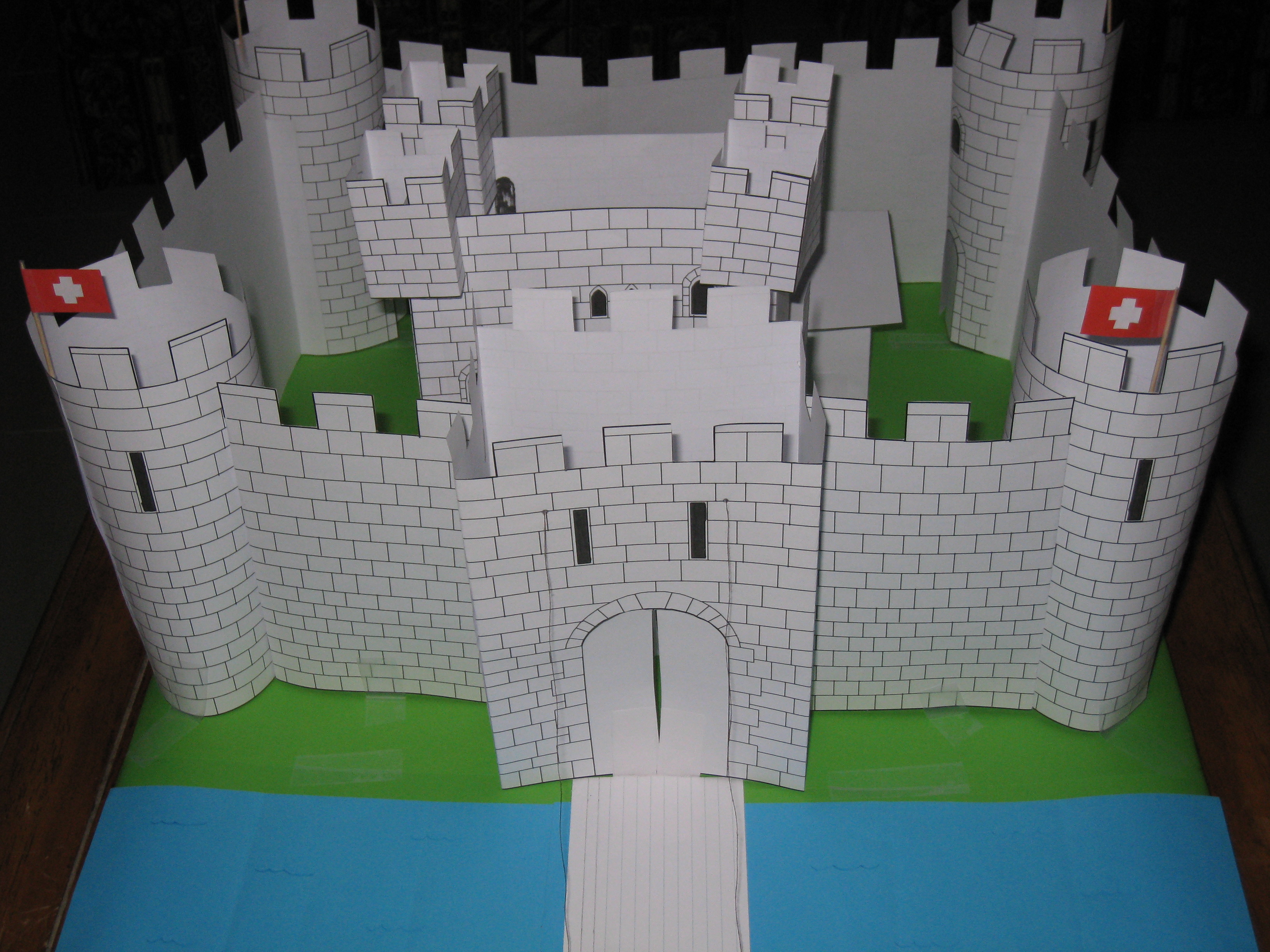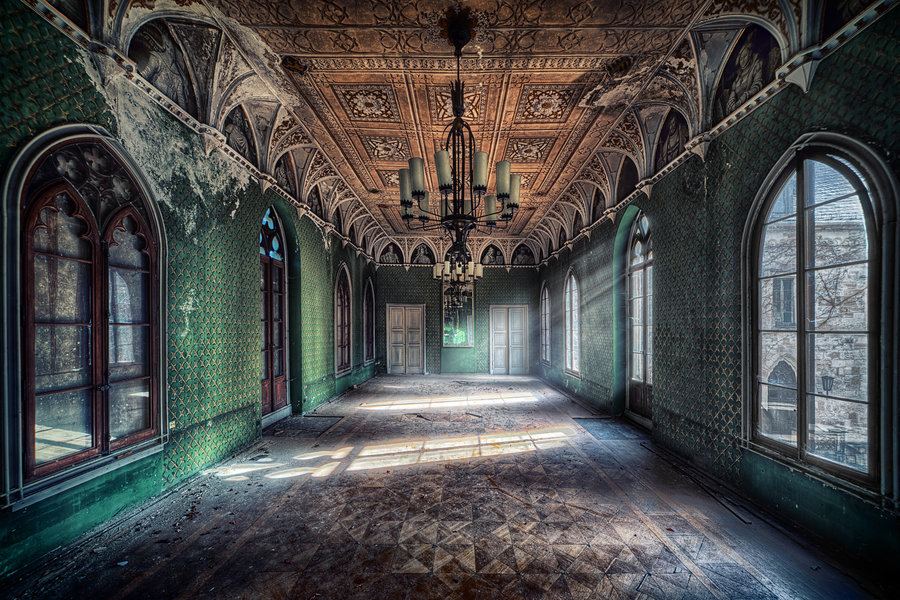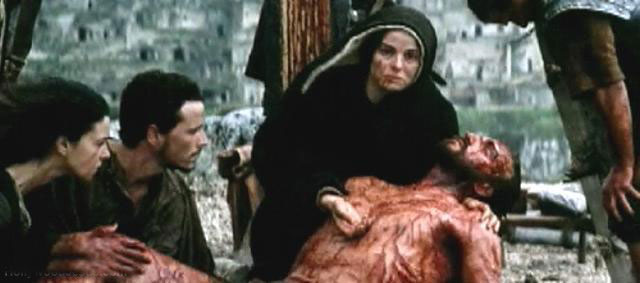Prædicamus Christum Crucifixum
Homily for Good Friday
April 18th, 2014
Hale Creek Prison, NY
Parish of Saint Joseph’s
(Troy, NY)
Rev. Michael Taylor
Surely he has borne our griefs and carried
our sorrows; yet we esteemed him stricken, smitten by God, and afflicted. But
he was wounded for our transgressions, he was bruised for our iniquities; upon
him was the chastisement that made us whole. By his stripes we are healed.[1]
 |
| "Against you alone, O Lord, have I sinned, and I have done evil before thee." Psalm 51.6 |
I don’t know about you, but every
year, once on Palm Sunday and the other on Good Friday, I am struck to the
marrow of my bones when I hear the people assembled cry out, “Crucify Him!” Is
there anything more convincing a testimony that Christ died for our sins then
when we join in the chorus of those demanding the life of Christ? Yet what is
it about today that is so special? Why do we focus on the cross? When one reads
the acts of the Apostles, the letters of Peter, James, John and Paul, one notes
a certain peculiarity. They don’t speak about the teachings of Christ, or the
miracles He did or the parables he told. Rather they speak of the one who died
and rose, who suffered death and conquered it in the resurrection. Saint Paul
in his first letter to the Corinthians even went as far as to say When I
came to you, brethren, I did not come proclaiming to you the testimony of God
in lofty words or wisdom. For I decided to know nothing among you except Jesus
Christ and Him crucified [2] and again in his letter to the Galatians, but far
be it from me to glory in anything except in the cross of our Lord Jesus
Christ, by which the world has been crucified to me, and I to the world.[3]
What is it about the cross then that is so significant? What is it about this
day that means our redemption?
 |
| Oh my people, what have I done to thee? Or wherein have I afflicted thee? Answer me… [The Reproaches from Good Friday] |
The evil of the cross is often
forgotten. It has become so symbolized that we forget what it represents and
how horrible it was to those who first encountered it. It was the perfect
fulfillment of human cruelty. It wasn’t just meant to kill someone. It was
meant to torture them for days upon end. Ropes were tied to the person so they
stayed in place. These ropes over days would cut into the skin. Nails were
driven through the flesh so that any thought of escape meant tearing the flesh
of your hands and feet to shreds. The condemned would be left out for days in
the heat of the day and the chill of the night, pushing themselves up to gasp
what little air they could, ultimately suffocating when they collapsed
exhausted. Then carrion birds and the beasts of the field would tear apart the
flesh of the body, leaving only the shame of a human unburied. It was a
political statement by Rome, the state. The power of man is ultimate. We hold
the keys to death.
 |
| What more ought I have done for thee, that I have not done? I planted thee, indeed, you were my most beautiful vineyard: and thou hast become exceedingly bitter to Me; for in my thirst thou gavest Me vinegar to drink: and with a lance thou hast pierced the side of thy Savior. [The Reproaches of Good Friday] |
When we go over the Passion
narratives of the evangelists, we begin to note a curiosity about the trial of
Jesus. Note that they cannot find any witnesses whose testimony agrees on what
exactly it is Jesus has done that warrants death.[4]
Jesus reminds silent in their midst, challenging them to convict Him on who
they say He is. He will not allow them to kill Him for some petty charge, such
as an act against the temple, or being a mere political figure. He challenges
them to confess who He is and try Him as such. In Matthew’s gospel, the high
priest, Caiaphas, asks, I adjure you by
the living God, tell us if you are the Christ, the Son of God.” Jesus said to
him, “You have said so. But I tell you, hereafter you will see the Son of man
seated at the right hand of Power, and coming on the clouds of heaven.” [5]
Jesus’ silence forces the crowds to convict Him for who they believe Him to be;
He is the Son of God, the Son of Man, the Messiah, the King of the Jews. And we
have put Him on trial.
 |
| "Man, you who judge God, you who order Him to justify himself before your tribunal, think about yourself, if you are not responsible for the death of this condemned man, if the judgment of God is not actually a judgment upon yourself." Blessed Pope John Paul II |
Think about what this actually
means, to put God on trial. Man from the beginning has demanded that God make
an accounting of His actions. Why do bad things happen to good people? Why does
God allow evil? Why does God allow bad people to do bad things? In the book of
Job, the righteous man of Job laments all that he has lost. Today also my complaint is bitter, His
[God’s] hand is heavy in spite of my groaning. Oh, that I knew where I might
find him, that might come even to His throne! I would lay my case before Him
and fill my mouth with arguments.[6]
Then when God turns to us and tells us that we are sinners who need to seek
His forgiveness, we turn back to Him and demand why He didn’t make us better,
stronger, wiser or holier. How dare God hold us accountable for any deficits we
might have. So we demand that God make an answer for Himself. In the trial of
Jesus, we find ourselves asking these very questions. Aha! You who would destroy the temple and build it in three days, save
yourself and come down from the cross!” [7]
“He saved others; let Him save Himself,
if He is the Christ of God, His Chosen One!” [8]
“Let Him come down from the cross, and we will believe in Him.” [9]
If God is there, why doesn’t He stop your pain? Where is your God? Where is God
in the face of the cruelty of the cross? Has not God abandoned us all?
 |
| Eli, Eli, lama sabachthani? |
Yet note the contradiction; save yourself. It is precisely for the
sake of saving us that Jesus is on the Cross in the first place. Not for the
sake of saving Himself but so that we might be saved. In Christ Jesus is the
answer to all the questions of humanity. God has not abandoned us. Death is not
the final word. No, the Word has become flesh and dwelt among us[10]
and He is known as Emmanuel, God with us.[11]
He is the resurrection and the life.[12]
He is the cure for the leper, the blind, the deaf and the lame. He is the one
who offers us peace, not as the world promises but as the peace available only
from God.[13]
He is the way, the truth and the life.[14]
Those who believe in the Son have eternal life.[15]
Note Christ’s words to Pilate; You say
that I am a king. For this I was born, and for this I have come into the world,
to bear witness to the truth. Everyone who is of the truth hears my voice.[16]
Yet it can all seem too fantastic. We sympathize with Pilate as all we see
is this bruised, scourged, and naked man standing before us, seemingly helpless
to the world. One can hardly blame Pilate for his skepticism when he replies, What is truth?[17]
 |
| "I am the way, the truth and the life" John 14.6 "And you shall know the truth, and the truth will set you free." John 8.32 |
Years ago, when Pope Benedict XVI
was only Father Ratzinger and a professor at a seminary, he offered a course on
the basics of the faith which he called Introduction
to Christianity. In the lectures he would go over each part of the
Apostles’ Creed. The first quarter of the book is concerned just with the
question of belief. What does it mean to say “I believe”? What does faith even
mean? Ratzinger is not unsympathetic to this view and he offers the following
reflection. For those of us who are brought up in the household of faith, at
some point, as we grow older, we began to notice the flaws of the house we grew
up in. We note the cracks in the paint, the dullness of some of the light
fixtures, the plumbing which rattles. More to the point we become disillusioned
by many of the family members in this household. The uncle who drinks. The
cousin who is selfish, petty and shallow. The lack of concern for one another.
And so we leave the household of faith, we walk away to try and come up with a
greater understanding of reality.
We soon find ourselves tossed about
in a stormy sea, treading furiously just to keep our heads above the waters as
deep calleth upon deep.[18]
We look back to find that house we previously disdained, and instead see
nothing but two rough hewn beams of wood fashioned together, bobbing
precariously upon the crashing waves. Around us we see many others treading
water, and we look back to the cross floating nearby. It seems so weak, so
fragile. Yet it floats. At some point we have to make a decision. Do we keep
trying to tread water on our own, or do we cling to the cross? Do we tell
ourselves we’ve done swimming so far and keep going, or do we surrender and
lead the cross carry us. There is nothing else to cling to, and in the end, it
is faith that this cross will not sink.
Because at the end of the day it
comes back to the cross. We have tried God and in our rage we have condemned
Him to suffer pain and die slowly. We have found Him wanting and cry out crucify Him! Is it not now He who uses
the Cross as a judge’s bench? What happens when we realize who it is who hangs
upon the cross? For today, He who crowned the heavens with stars is crowned
with thorns. He who wrapped creation is splendor is now wrapped in a purple
robe of mockery. He who suspended the land upon the waters is suspended upon
the cross. How Satan must have howled with laughter when he saw the God he
could not defeat beaten and scourged! How the demons must have shrieked with
glee when they saw the very creatures God came to save nailing Him to the
cross! Imagine the sight in heaven, as the angels who cry out “holy, holy,
holy, Lord God of Hosts” before the King of the Universe see Him spat upon.
Imagine the sorrow they bear within them as they look upon love incarnate
consumed by our vengeful rage.
 |
| And say not: "The mercy of the Lord is great, he will have mercy on the multitude of my sins." For mercy and wrath quickly come from him, and his wrath looketh upon sinners. Delay not to be converted to the Lord, and defer it not from day to day. Sirach 5.6-8 |
What will the Father do? What will
the God who sent plagues upon Pharaoh because of his hard heart do to the
people whose hearts received not His Son? What will the God who sent serpents
among Israel because they challenged Moses do to those who have mocked the Son?
What will the God who broke covenant with Israel because they killed the prophets
do to those who killed His Beloved Son? All of creation bears witness here and
now, to see what verdict God will pronounce on those who would dare act against
the Son. In the silence of that dreadful moment, we hear a soft, broken voice
break through the overwhelming darkness; Father,
forgive them, for they know not what they do.[19]
The verdict of the cross will not be one of condemnation but of mercy. Far be it from me to glory in anything
except in the cross of our Lord Jesus Christ.[20]
We adore Thee O Christ, and we bless Thee,
because by Thy Holy Cross Thou hast
redeemed the world.
 |
| Blessed be God, now and forever. |
[1]
Isaiah 53.4-5 [all scripture references are from Revised Standard Version [RSV]
Catholic Edition unless otherwise noted].
[2] I
Corinthians 2.1-2
[3]
Galatians 6.14
[4]
Cf. Matthew 26.59-62; Mark 14.55-59; Luke 22.63-71; John 18.19-24
[5]
Matthew 26.62-63
[6]
Job 23.2-4
[7]
Mark 15.29-30
[8]
Luke 23.35
[9]
Matthew 27.41
[10]
Cf. John 1.14
[11]
Cf. Matthew 1.23
[12]
Cf. John 11.25
[13]
Cf. John 14.27
[14]
Cf. John 14.6
[15]
Cf. John 3.36
[16]
John 18.37
[17]
John 18.38
[18]
Cf. Psalm 42.7
[19]
Luke 23.34
[20]
Galatians 6.14








